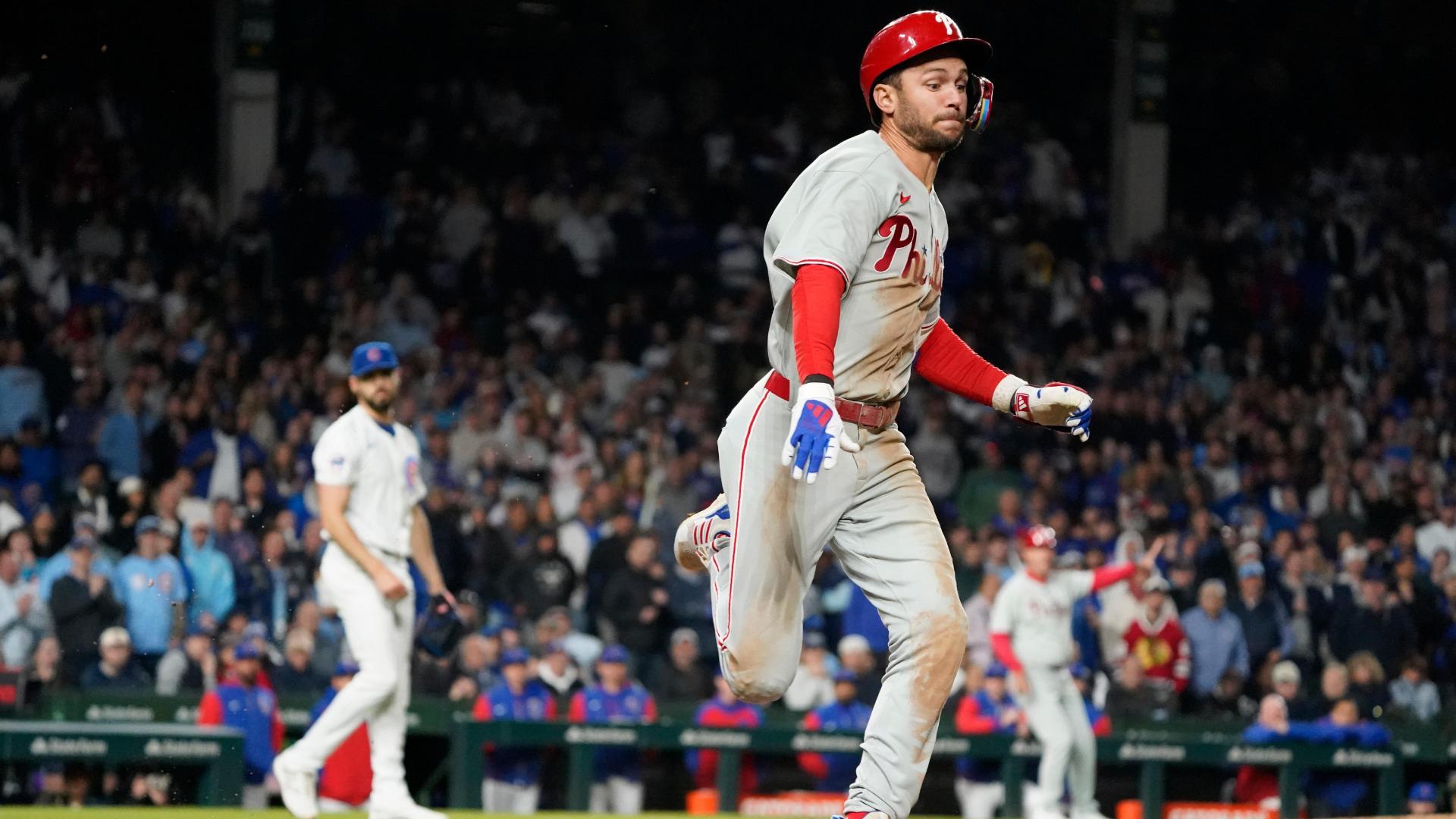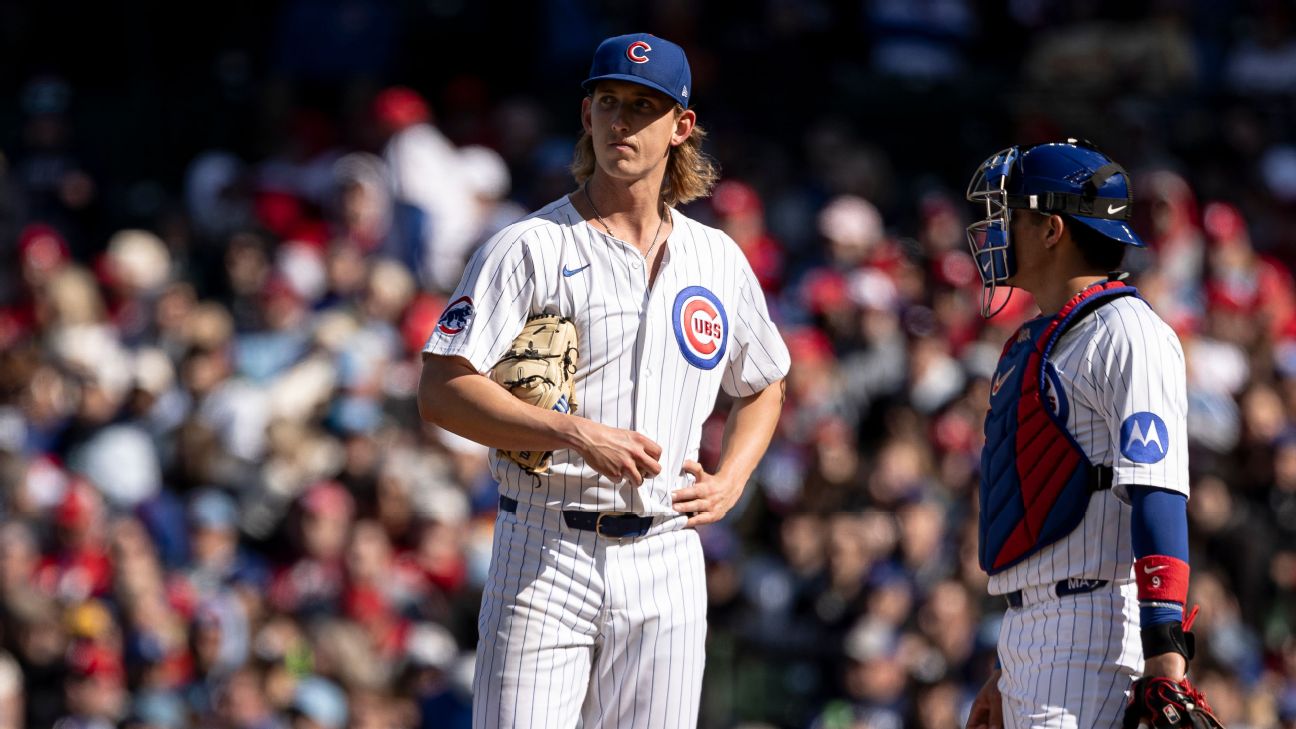Phanatic Lawsuit: Phillies settle with mascot's creators
The updated-look Phanatic mascot debuted in 2020 amid the legal dispute.

PHILADELPHIA (WPVI) -- The Philadelphia Phillies and the Phanatic's designers have come to a settlement, according to a filing in Manhattan federal court on Friday.
This means the Phillies have moved closer to keeping their mascot in Philly. However, the order does allow the parties to reinstate the case within 30 days.
"...the parties had reached an agreement in principle to settle this action without further litigation, it is hereby ordered, that this action be conditionally discontinued without prejudice and without costs," U.S. District Judge Victor Marrero's order said. "...The Clerk of Court is respectfully requested to terminate any pending motions and to close this case."
The terms of the settlement were not disclosed.
In August, U.S. Magistrate Judge Sarah Netburn recommended that the team should be able to keep using the updated-look Phanatic mascot that debuted at Spring Training in 2020. The case then went to Judge Marrero.
The Phillies commissioned creators Bonnie Erickson and her husband Wayde Harrison to create a team mascot in 1978.
According to court documents, puppeteer Jim Henson had recommended Erickson to the Phillies after working with her on designing the Muppets.
"On March 17, 1978, The Phillies and H/E entered into a written agreement for 'the design and construction of a character to be known as The Phillie Fanatic (sic) for use as an entertainer during home baseball games,'" court documents read.
The New York-based H/E Inc. registered the copyright for their Phanatic in 1979 and licensed it to the Phillies in 1984 for $250,000.
RELATED: Legal fight over Phillie Phanatic may be nearing an end

But in June 2018, the mascot's creators notified the Phillies they would terminate the 1984 agreement in June 2020 and reclaim the Phanatic's copyright after 35 years, when federal copyright laws allow artists the right to renegotiate rights to their work.
The artists said they were in the middle of negotiations with the team over the mascot when the Phillies sued in August 2019.
In a statement to Action News in August 2019, the artists said they were incredibly disappointed: "At the Phillies request more than 40 years ago, we created the Phanatic, giving him a story and a life. Over the decades since, we have taken care of him, even patching him back together when he needed it. While we very much want the Phanatic to remain the Phillies mascot, we will not yield to this lawsuit tactic."

The Phillies said in their suit, the team was "co-author of the Phanatic costume because it contributed" to the mascot's design and "the author of the Phanatic character" as the organization "brought to life" the costume.
The Phillies' suit was also to prevent the Phanatic from becoming a free agent, and having any other team from using and selling Phanatic products. The Phillies said H/E had threatened to make the Phanatic "a free agent" if the 1984 agreement was not renegotiated, according to court documents.
As the dispute continued, the Phillies hired an artist to make modifications to the Phanatic's look in January 2020. The mascot's changes included feathers rather than fur-colored arms, stars outlining the eyes, a powder blue tail, and new socks and shoes. It debuted the next month.
After its debut, Harrison called the 'new' Phanatic an "affront to our intellectual property rights and to Phillies fans everywhere."
In August's ruling, Netburn said those changes -- under the Derivative Works Exception -- should allow the Phillies to keep its mascot, as they were made in early 2020, before the termination of the parties' agreement, or as the judge's filing read, "prepared under authority of the grant before its termination."
"A derivative work is 'a work based upon one or more preexisting works . . . . A work consisting of editorial revisions, annotations, elaborations, or other modifications which, as a whole, represent an original work of authorship, is a 'derivative work,'" court documents said.
Netbrun wrote in her ruling:
H/E argue that (the new Phanatic) is not original because it is the "same old Phanatic" or a "slavish copy" of (the original). But a derivative work is supposed to "retain the 'same aesthetic appeal' as the original work." Indeed, if the derivative work of Paddington Bear was not recognizable as Paddington Bear, then it would not be derivative-it would be an entirely new creation. If The Phillies had designed something so dissimilar from the Phanatic that it would no longer be recognizable as the Phanatic, then, by extension, it would not be a derivative of the Phanatic, and instead would be a completely different mascot. To be sure, the changes to the structural shape of the Phanatic are no great strokes of brilliance, but as the Supreme Court has already noted, a compilation of minimally creative elements, "no matter how crude, humble or obvious," can render a work a derivative.
So as of now, the Phanatic - the 'new' Phanatic - will continue to be seen at Citizens Bank Park.











